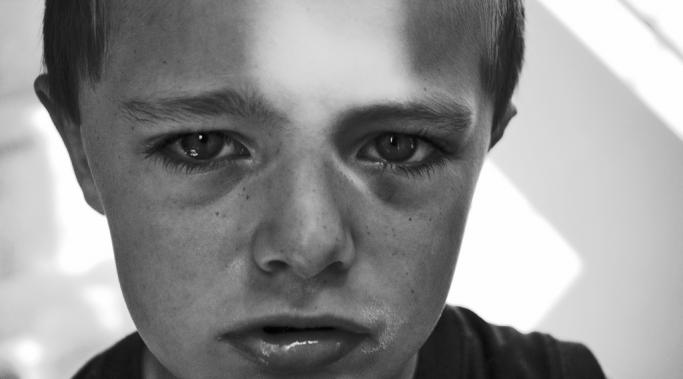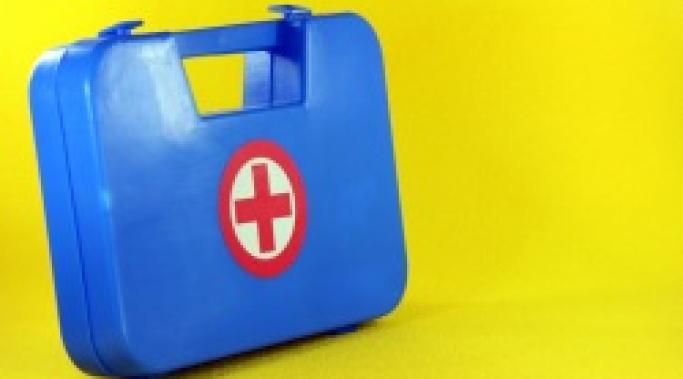Blogs
In my final video for HealthyPlace, I give definitive proof that I have ADHD and that hyper-focus can be an embarrassing thing.
Anxiety and depression often go together. It's called comorbidity (Relationship Between Depression and Anxiety). Not only does suffering from the one make it more likely you'll have to deal with the other at some point, it also means that, baseline, emotions are more of a challenge. Comorbid anxiety and depression bounce your emotions around, making you feel hopeless and scared at the same time.
Got too many irons in the fire? Running out of room in the furnace you call your schedule? Maybe it's time to focus in on your core projects so you can actually complete them.
As I noted in a previous blog post, my son, Bob, who has bipolar disorder and ADHD, made it through his first week of third grade—albeit with some problems. Last Monday—the first day of Week 2—I received my first phone call of the year from the principal.
Here we go again.
As a little girl, I loved going to bed at night. Alone under the covers, the room dark and quiet, I went away. I wasn't asleep, though I drifted off eventually. I was just gone. It was the most glorious relief. It was my secret trick, this disappearing act. I didn't know then that it's name is dissociation, or that it took many forms and existed to meet my needs. I called it "thinking." Even today, when someone brings me back from another place with a question or comment I often reply, "Oh sorry, I was just thinking." Even today, my ability to disappear is my greatest comfort. And it was born of an enormous need. This unmet need for comfort, The Comfort Factor, is one of the reasons I have Dissociative Identity Disorder.
Anxious thoughts race through your mind at a thousand miles an hour. Useless thoughts, seemingly going nowhere because they're speeding bullets - they just get stuck in your head. They break all the barriers you set, till you're too tired and overwhelmed to fight.
Wouldn't it be better to put that restless energy to work? Of course!
The hypomanic mind isn’t like a single life happening all at once, it’s like every life happening all at once in a tiny, tinny, echoing room. Hypomania is like having ball-bearings bouncing around inside my skull faster and harder and fast and hard and faster and harder. Hitting each other, making divots on the inside of my skull, becoming interior decorators. Fragmented, distracted thoughts. Sentence fragments. Problem grammar. No capital letters. No punctuation.
Dissociative identity disorder (DID) is a trauma disorder usually caused by childhood abuse, but we don't often talk about the age factor in the development of DID. I struggled for a number of reasons to accept my DID diagnosis, not the least of which is the hyperfocus on trauma (to the near total exclusion of all other developmental causes of DID) in popular understanding of DID. I couldn't make sense of the fact that I knew people who survived truly horrific circumstances and didn't have DID. Now I know that although trauma is the key ingredient, without which DID - it would seem - simply doesn't manifest, it isn't the only ingredient.
A new study out of Massachusetts General Hospital (MGH) shows that Cognitive Behaviorial Therapy (CBT) taken in tandem with medication is an effective treatment against Adult ADHD compared with relaxation techniques.
The first time I sat in a psychiatrist’s office, it was for myself. He scared me. He wasn’t anything like the mom-like therapists I was used to. He barely made eye contact. He asked me a few questions, to which I gave rambling answers. He scribbled. He left the room, returning after a few minutes to hand me a prescription and bid me farewell.
I’ve since visited a multitude of psychiatrists—for my own benefit and for Bob’s, my son with bipolar disorder—and found that first experience pretty typical.








